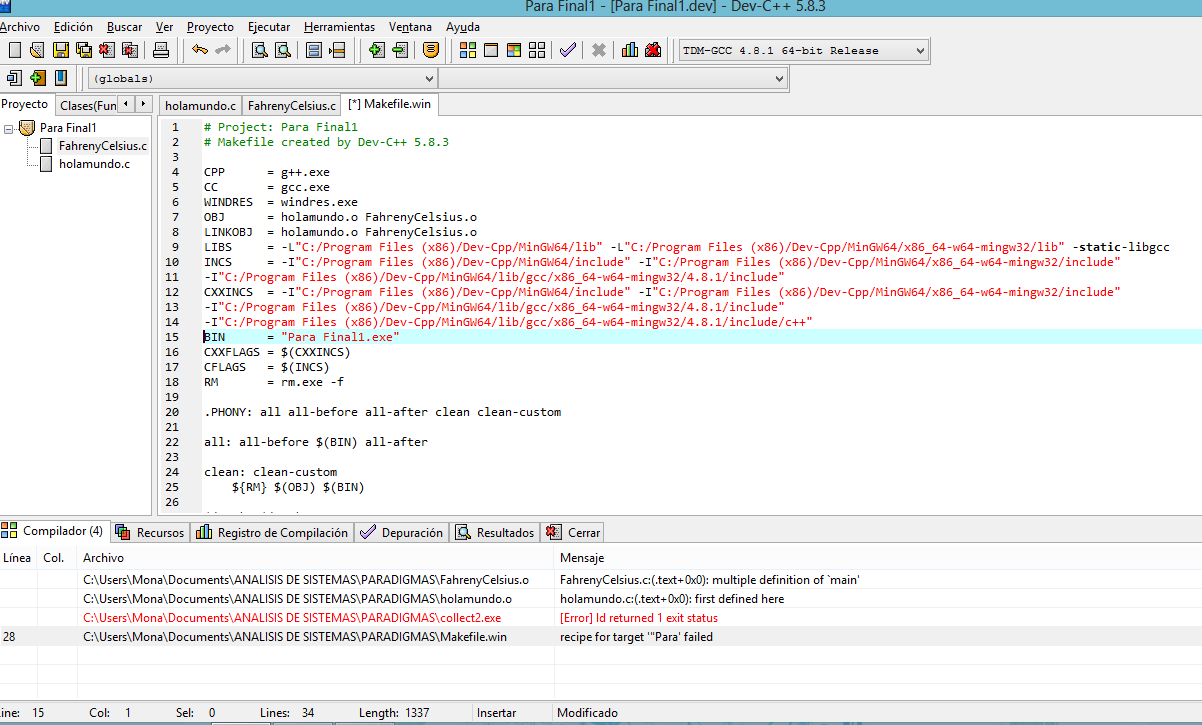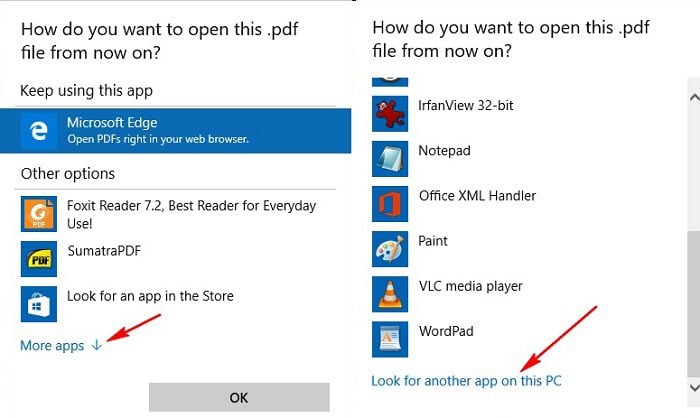

To build a 64 bit release DLL version from an 圆4 command prompt. To build a 32 bit release DLL version from an x86 command prompt, or > nmake /f makefile.vc BUILD=release SHARED=1 TARGET_CPU=X64 To build a release version or > nmake /f makefile.vc BUILD=release SHARED=1 TARGET_CPU=X86 You can also do > nmake /f makefile.vc BUILD=release To build wxWidgets in the default debug configuration as a static library. Open a "Visual Studio Command Prompt" window shortcut to which must have been installed to the "Start" menu or the "Start" screen by MSVS installation.Ĭhange directory to %WXWIN% and type > nmake /f makefile.vc
DOWNLOAD MAKEFILE FOR WINDOWS HOW TO
The following sections explain how to compile wxWidgets with each supported compiler, see the "Building Applications" section about the instructions for building your application using wxWidgets.Īll makefiles and project are located in build directory. While this is not actually required, this makes using the library more convenient and this environment variable is used in the examples below. notably do not choose a location under "C:\Program Files", as this risks creating problems with makefiles and other command-line tools.Īfter choosing the directory location, please define WXWIN environment variable containing the full path to this directory. It is strongly advised to avoid using spaces in the name of this directory, i.e. The first step, which you may have already performed, unless you are reading this file online, is to download the source archive and uncompress it in any directory. If you use CMake, please see CMake Overview for building wxWidgets using it. Otherwise, or if you want to build a configuration of the library different from the default one, you need to build the library from sources before using it. In this case, just uncompress the binaries archive under any directory and skip to Building Applications Using wxWidgets part.

If you are using one of the supported compilers, you can use pre-built binaries. This is wxWidgets for Microsoft Windows (XP, Vista, 7, 8, 10, etc) including both 32 bit and 64 bit versions.


 0 kommentar(er)
0 kommentar(er)
